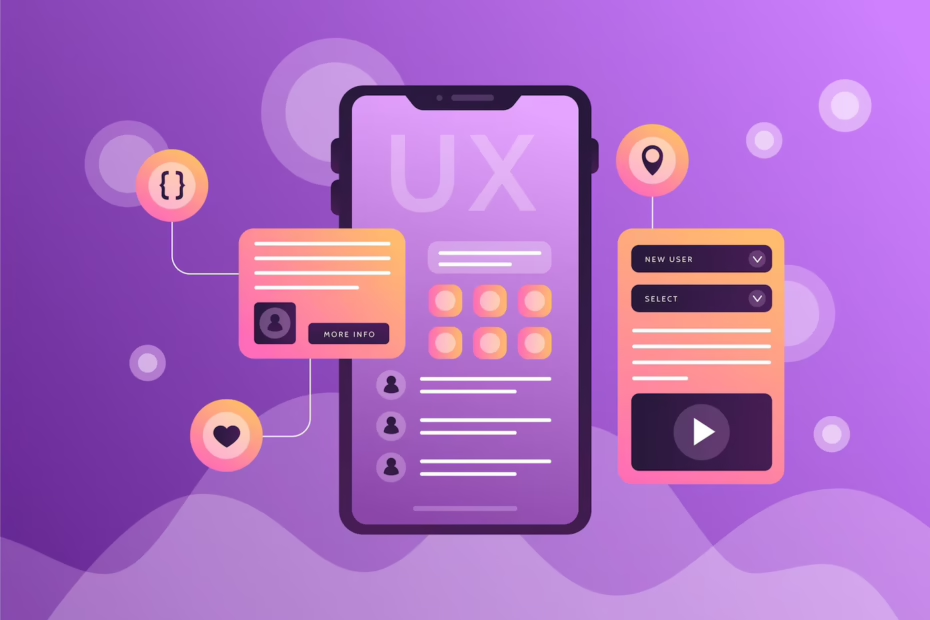Android developers in 2025 are stepping into a transformative era. With major advancements in Android OS, Jetpack libraries, IDE tooling, and AI-assisted programming, the Android ecosystem continues to offer new possibilities to build faster, smarter, and more user-friendly applications. Whether you’re a solo app creator or part of a large development team, the tools and features launching this year are designed to make development more productive, secure, and scalable than ever before.
Let’s explore what’s new for Android developers from Android 15 features and Kotlin 2.0 enhancements to Gemini AI integrations and Compose Multiplatform UI evolution.
Android 15: The Smarter, Safer Android
Android 15, the latest release from Google, is now in beta and set for full rollout in late 2025. It focuses on user privacy, richer media experiences, and better performance on large-screen and foldable devices.
New Privacy and Security APIs
Screen Sharing Permissions: Developers can now allow users to share only specific app windows or views, avoiding the need to share the entire screen important for productivity and enterprise apps.
Partial Access to Media: Apps can request access only to specific photos and videos, enhancing privacy.
File Integrity API: Enables validation of app files using cryptographic signatures, ideal for apps handling sensitive data like banking or healthcare.
Better Power and Resource Management
Improved JobScheduler and Foreground Services Restrictions: Encouraging developers to use WorkManager for long-running tasks.
Battery Usage Reporting: Developers gain more visibility into battery consumption by individual app features.
Display and UI
Edge-to-Edge Display by Default: Apps now display content from edge to edge, offering a more immersive experience. Developers must ensure proper use of insets and navigation bars.
Predictive Back Gesture: Allows a smooth, visually intuitive animation to show users what screen they’re navigating to before they complete the gesture.
AI and Machine Learning Integration
Android Studio Gemini Integration
Google’s Gemini AI is now built into Android Studio, offering:
Smart Code Completion
Contextual Fix Suggestions
Instant Unit Test Generation
Code Summarization and Explanation for onboarding new developers
You can chat with Gemini within Android Studio to ask:
“How do I make my RecyclerView scroll horizontally?” or
“Generate a Compose layout with three cards and a FAB.”
ML Kit Updates
Google’s ML Kit continues to evolve with powerful on-device ML capabilities:
Selfie Segmentation and Face Mesh detection
Barcode Scanning improvements for multi-format support
Text Recognition v2 with higher accuracy and multilingual support
All models now run more efficiently with Neural Networks API (NNAPI) and TensorFlow Lite acceleration, making on-device inference faster and more battery-friendly.
Kotlin 2.0 and the K2 Compiler
Kotlin 2.0, released with full support in Android Developers Studio Koala, introduces the K2 compiler, offering huge improvements:
Speed & Reliability
Faster build times, up to 2x faster compilation
Better IDE performance (fewer lags and faster error highlighting)
Multiplatform Expansion
Write shared code across Android, iOS, backend, and desktop
Improved Kotlin Multiplatform Mobile (KMM) tooling and stability
Developer Productivity
New language features like context receivers, enhanced type inference, and clearer error messages
Jetpack Compose 1.7: UI the Modern Way
Jetpack Compose continues to replace XML-based UI development with a more expressive and Kotlin-native approach. Version 1.7 brings a long-awaited level of polish.
UI Enhancements
Material 3 Fully Supported: Full range of Material components including Cards, Dialogs, Bottom Sheets, Navigation Bars.
LazyLayout Improvements: Better performance and smoother scrolling for complex lists.
LookaheadLayout & Motion APIs: Create advanced animations and dynamic transitions with fewer lines of code.
Cross-platform UI
Compose for Wear OS: UI development for smartwatches is now consistent with phones and tablets.
Compose Multiplatform (Beta): Build for Android, desktop (JetBrains Compose), and iOS (early support).
Google Play & App Distribution Enhancements
Google Play Console
New analytics and distribution options in the Play Console:
User-Level ANR Tracking: See what the user was doing when the ANR occurred.
Install Time Insights: Know exactly which step in the install process is slowing down.
Revenue & Subscription Trends: Better forecasting, user churn analytics, and LTV (lifetime value) tracking.
Play Integrity API
Replaces SafetyNet and gives a modern, tamper-resistant method to verify:
Device integrity
App authenticity
Licensing and fraud detection
Large Screen, Foldables & Multi-Device Experiences
With Android gaining ground on tablets and foldables, Google has added key tools to help developers adapt.
Jetpack WindowManager
Identify device posture, window size classes, and hinge locations
Seamless support for split-screen, drag-and-drop, and multi-resume
Cross-device SDK
Easily transfer tasks between phone ↔️ watch ↔️ TV
Shared sessions, streaming data, and real-time UI sync across devices
Android Testing: Smarter and More Reliable
Compose Testing APIs
Write cleaner UI tests using
semanticsinstead ofViewMatchersSnapshot testing and golden images for visual regression
Firebase Test Lab
Expanded device support and compatibility with foldables, Android TV, and Wear OS
Deeper integration with CI/CD pipelines and GitHub Actions
Game Development Updates
Android Game Development Kit (AGDK)
Native support for Vulkan and OpenGL ES
Frame Pacing Library for smooth rendering across devices
Game Mode API: Optimize performance or battery usage based on the user’s device preferences
Performance Boosts
Play Asset Delivery Compression for faster downloads
In-app updates and modular installation of large assets
Accessibility & Inclusive Design
TalkBack & Voice Access Enhancements
Compose now natively supports screen reader announcements, making accessibility easier to implement
Localized Experiences
Grammatical Inflection API helps developers show grammatically correct UI strings based on user’s gender or context
Final Thoughts
2025 is shaping up to be a transformative year for Android development. With Kotlin 2.0, the K2 compiler, Jetpack Compose’s dominance, AI-enhanced development tools, and continued improvements in app distribution and performance, developers now have unprecedented power at their fingertips.
Whether you’re building next-gen mobile games, cross-device experiences, or AI-assisted productivity apps, the Android ecosystem has never been more capable or developer-friendly.
